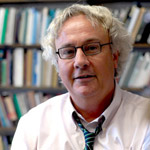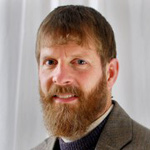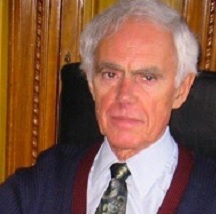
Hermann Deuser
Hermann Deuser is Professor of Philosophy of Religion and Systematic Theology at Goethe University (Germany). We invited him to answer the question “What is Philosophy of Religion?” as part of our “Philosophers of Religion on Philosophy of Religion” series.
Religion as a (cultural-historical) summary term and, in individual cases, lived religiosity denotes a specific form of life that arises from the finite existence of each and every human being. This is because, while we are never able consistently to master our own lives, we understand ourselves, and need to be understood, in terms of a context of ultimate experience. The concept formation ultimate reality/ultimacy (R.C. Neville) does not refer to a specific content, but is a placeholder for the status of religious valuations, experiences, objects, functions, attitudes, etc., without however pre-forming them. The special significance of this status obtains in the exclusion of conditionalities: the ultimate – whether it is first or last, connotes a personal God, a plurality of gods or non-personal transcendence – expresses what is always already prior due to the perception, experience and awareness of derivativeness. Conditions are then either not to be specified at all or at least not until afterwards (perspectivally and partially), which is why the peculiarity of religion lies precisely in the simultaneous treatment of withdrawal and revelation, i.e. in the processing of the ultimate so that it can find representation.
The way of accessing the specific character of religion that is simplest, most universal, and familiar to our life-experience is through the use of signs, which is generally supposed to be a precondition for human communication. In their phenomena-disclosing character, they are described (with C.S. Peirce) as categorical and formal-semiotic: any immediate presence/perception (firstness) has an objective reference to experience (secondness), and these stand in direct relation to each other in an interpretive behavior (thirdness). This trichotomy (of sign, object and interpretant) forms linkages and networks, such that previous interpretants become new signs for subsequent events etc. Immediate perceptions (resulting from unmediated impressions and feelings), object relations and behavior remain dependent on each other and can themselves become present in their derivativeness. The preceding perception of quality always persists as an accompanying, irreducible premise. And the immediacy of the first appearance, of the original moment, that enters into all the necessary mediations can either now not be further spoken of in a mundane way (its underlying function concealed), or a special kind of access may be activated through the use of signs that expresses its peculiar derivativeness as such and make immediacy capable of being processed. Herein lies the power of religion.
Continue reading →





